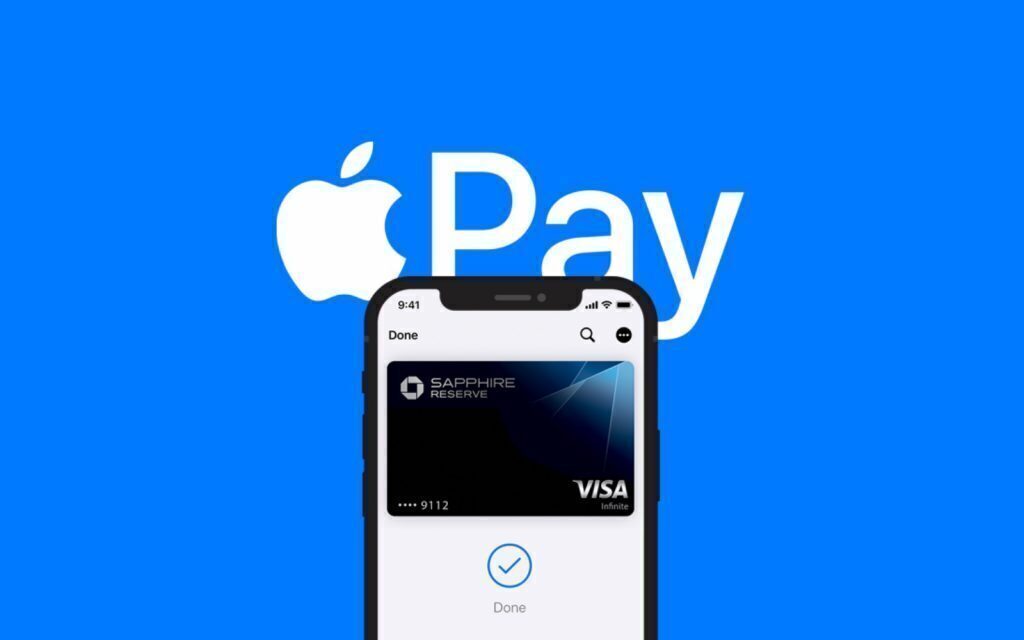It stands to reason that any small business that accepts as many payment methods as possible will make more money than if they limit themselves to only a few. And with mobile payment systems on the rise, there are plenty of new ways for customers to pay which businesses will need to be able to accept if they want to attract and retain customers. Like Apple Pay.
Apple is one of the biggest consumer tech companies in the world, and it has millions of users around the world, including in South Africa. It has integrated its own mobile payment system, called Apple Pay, into the iPhone, iPad, and Apple Watch, giving millions of high LSM consumers a better way to pay for things – but only at vendors that support Apple Pay.
This alone is a major reason for your small business to want to accommodate Apple Pay users. Not only are there loads of customers who will want to use it at your shop, but they also tend to be the type of customers that can afford the nicer things in life. The type of customer that is good for business.
How does it work?
The appeal of using Apple Pay lies mostly on the consumer’s side – it’s a safe, fast, and easy way to pay for things using a smartphone. But it has benefits for businesses, too: people say it’s faster than using cash at a till point, meaning you could potentially process more payments in an hour if you were swamped with customers.
It also won’t cost you as the business anything to adopt, as banks consider Apple Pay transactions to be the same as regular credit card payments. This means transaction fees are the same as they are for traditional credit cards, so you pay nothing extra to offer Apple Pay as a payment mechanism.
Apple Pay is also apparently super secure. Apple’s website says that “Apple Pay is safer than using a physical credit, debit, or prepaid card. Face ID, Touch ID, or your passcode are required for purchases on your iPhone, Apple Watch, Mac, or iPad. Your card number and identity aren’t shared with merchants, and your actual card numbers aren’t stored on your device or on Apple servers.” So there’s that.
At the till point, the customer opens Apple Pay on their device, authenticates themselves using Face ID/Touch ID/a passcode, selects the linked card they want to pay with, and holds their phone near the Apple Pay-compatible payment terminal. One quick wireless communication and a beep later, the transaction is complete.
Is Apple Pay supported in South Africa?
Yes, Apple Pay has been supported in South Africa since 2021 when a few of our big banks signed up. Now, in 2023, most of our banks support it. So if you bank with Nedbank, FNB, Absa, Standard Bank, Investec, or Capitec, your point of sale system will support Apple Pay.
If you’re not 100% sure if your point-of-sale hardware supports it, have a chat with your bank. They will either confirm that it does or tell you how to go about getting updated point-of-sale terminals that do.
Why should you support it?
As mentioned, supporting Apple Pay won’t cost you anything extra, but it will make your business more attractive to customers that are fans of Apple’s device and services ecosystem.
It also tells people that your business is on the bleeding edge of mobile payments systems and that you’re forward-thinking and high-tech, giving your reputation a nice boost in the process.
That could feasibly lead to attracting more customers in the future, and encourage existing customers to come back to you when they need what you provide.
Apple Pay can also be integrated into your e-commerce system, giving customers even more options when it comes to how they pay for their online goods. This gives you the same end-user appeal you’d get from offering it in-store.
No-brainer
It’s a no-brainer, really. Sure, there aren’t as many users of Apple technologies in South Africa as there are Android users, but there are enough that offering Apple Pay could really put you on the map.
And as always, if you have any doubts, chat with the folks you trust before making up your mind. Your bank and your technical people are a great place to start.
